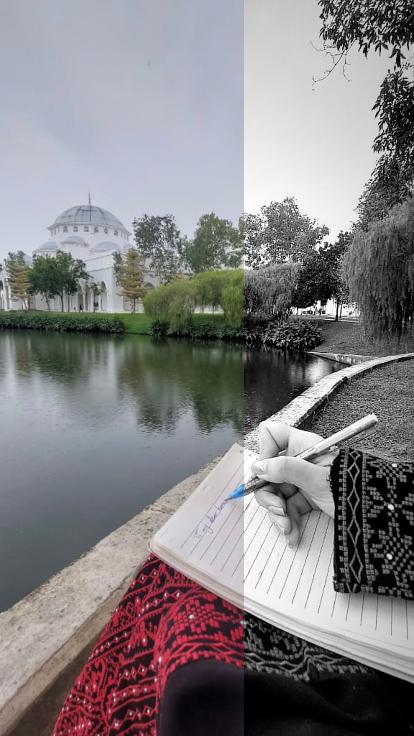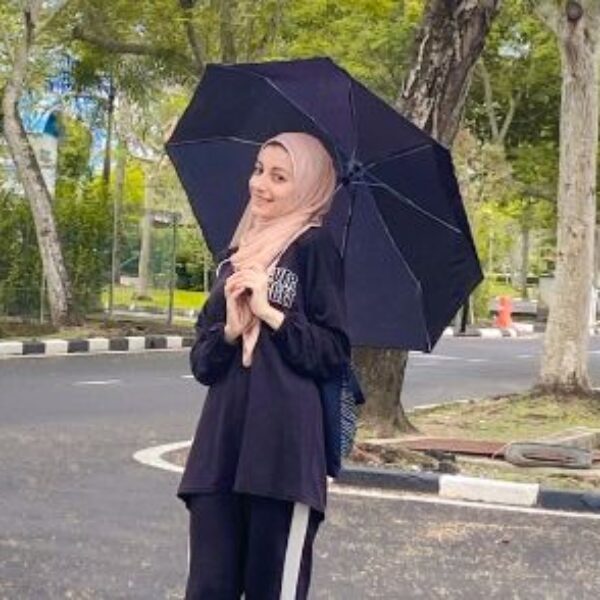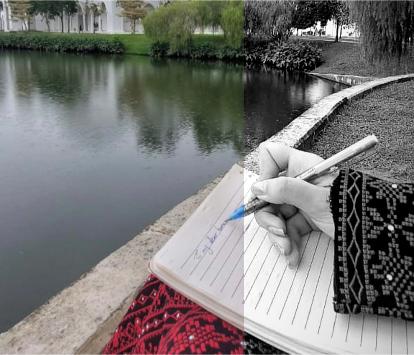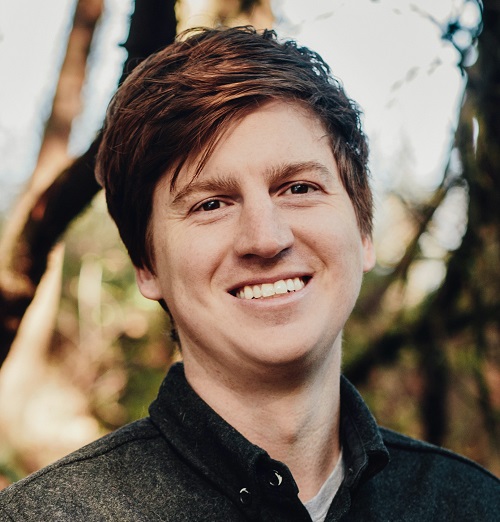
To my dear home:
In late 2021, I took my final steps away from you, not realizing it would be our final farewell. On October 10, I learned of your complete destruction, and the pain of this loss is unbearable. Tears have been my constant companion, and sleep has eluded me for days. But I know that crying will not rebuild my memories, dreams, or the past we shared.
You have been a sanctuary for me, my parents, and my siblings, and filled with endless love. It breaks our hearts to see everything we constructed over decades demolished by the terrorist occupation. However, the loss of our beloved people far eclipses the loss of our possessions.
My family intimately grasps the profound impact of losing a home, a sentiment captured by my grandmother in her conversations with us. She told us:
Our homes embody the essence of our lives, cradling the intricacies of our daily existence—the hushed moments, the lively commotion, the comforting routines, the soft murmurs, the lingering scents, the tapestry of memories, the tangible gifts, the well-worn books, the familiar clothes, the cherished photo album, and the treasury of our small, delightful secrets interwoven with each passing season and significant event.
These abodes aren’t mere structures of stone perceptible to the naked eye; they are woven from the very fabric of our being — our flesh, our weariness, our aspirations, and realms beyond the reach of language. They don’t become simpler with time, nor can they be effortlessly substituted. While one might construct another dwelling, it can never supplant what once existed. A home is not just a physical space; it’s an amalgamation of irreplaceable elements — an embrace of serenity and an aroma that defies replication. Much like our homes, my tongue whispers: I yearn, I miss, but such sentiments are not easily conveyed.
My grandmother could not have predicted the cataclysm that would take you, our home, away — and yet she understood innately what it would mean.
Please take care
Please take care of my family photo albums; within those pages lie countless cherished memories that I used to revisit whenever I longed for a glimpse of our beautiful past. The stages of my life since childhood and moments that cannot be photographed again, like the picture of me as an infant in my mother’s arms and the graduation ceremony for both myself and my siblings remains a standout moment — an occasion that symbolized our collective achievements. The vivid memories of that day are etched indelibly in my mind even if the photographs are destroyed.
I am sure you also loved the framed artwork in the heart of our living room; it remains vivid to me. It showcased a meticulously crafted map of Palestine, depicting all cities from Al-Nasra to Bersaba, hand-stitched in black-and-white by my mother during her apprenticeship in the art of embroidery under her own mother’s guidance. Their skill went beyond this artistic endeavor; they were adept in the delicate craft of fashioning clothes from wool, a hobby they joyfully pursued when gathered together.
That small cute yellow teddy bear doll carrying honey — a gift my mother kept on her desk since I was in the fourth grade — was among the rewards from Japan for high-achieving students. Even after I left, I would see it while she talked to me in a video call.
Time passed, and Father, a resolute and steadfast man, was torn when I shared my aspiration to continue my studies abroad. He looked at me with sadness in his eyes, as if I had disappointed him. He said, “Don’t go; I’m here; I’ll take care of you. This is our home.” I am certain your walls heard every word of that conversation. What did you think at that moment — did you, too, want me to stay?
Distinct memories

When I left for Malaysia, I only packed what I needed. In my room, nestled between the rooms of my brother Aaed and my mother, I left behind many of my books and clothes and my study desk, where I had toiled over my college assignments. I’m not sure if you ever noticed, but my cat, Moon, was a constant companion, perched atop my wardrobe, demanding attention and affection in her unique way.
On your balcony, my mother and I shared many cups of mint tea — through conversations about the weather, life in Gaza, and the unpredictable nature of things — while we watched the sea waves and felt the cool breeze gently touch our faces.
A small memory of a particular moment within your walls: In my room, my mother and grandmother engaged in a heartfelt conversation, exchanging age-old wisdom on crafting herbal remedies for aching joints. Meanwhile, behind closed doors, the eldest of my three engineer brothers cradled his hot chocolate cup, his gaze locked onto a screen with some programming codes. My middle brother, a multitasking virtuoso with a collection of diplomas rivaling a library, found himself engrossed in a course far removed from the realm of engineering. Simultaneously, he chatted with friends, skillfully mapping out the launch of his latest weird venture. Then there was my third brother, a man of unwavering focus, meticulously designing a comprehensive, 100-page document for a corporate client. His surroundings resonated with the bold strains of Hamza or Coroki music, serving as a mere backdrop to his deep concentration.
Do you recall 23 May, 2021, the day of the last attack I experienced over Gaza, the end of which coincided with my birthday? I vividly remember clutching a pen and paper, desperately trying to find a way to help my people. At the top of that page, I wrote my primary message: to aid Gaza. I detailed plans to travel abroad and share the stories of our resilient community, to attain a degree and use it to contribute to the recovery of our economy and business sectors. And I underlined one sentence in red. It read: “Basma, if you have the chance, build an organization to assist refugees.” That day, my family and I ventured to the beach, just five minutes away from you. The rain was pouring, a convenient cover for the tears we shed, pretending they were from the skies.
I can’t deny experiencing a pang of jealousy when you were part of my brother’s wedding — an event in which I, unfortunately, couldn’t participate. I’m certain you witnessed his joy, a handsome smile lighting up his face, as our traditional songs rang out, “quluu laemoh tafrah w tethanaa… trsh wassyed bellwared wel lhina” which, translated from our Arabic, means, “Tell his mother to be happy, enjoy herself, and sprinkle the pillows with flowers and henna.” I could only watch and listen through my phone. The air was filled with the rhythmic beats of Palestinian Dabka and the enchanting tunes of Dahiya, with the sounds of drums and Oued.
You were where I blossomed
You, my family’s haven, nurtured me, and within your walls, I blossomed. It’s here that I embarked on my journey in the business field, where I pursued international scholarships and persevered for years to secure my rights. After two years of working toward a diploma and two more years of alienation overseas, tears streamed down my face upon hearing the news about you through media channels, until my eyes were depleted as I reminisced about our shared past.
As I write this letter, the sky takes on an orange hue, as if mirroring its own sorrow. Until we meet again, my dear home, I will hold you close in my dreams.
With love,
One of your owners











